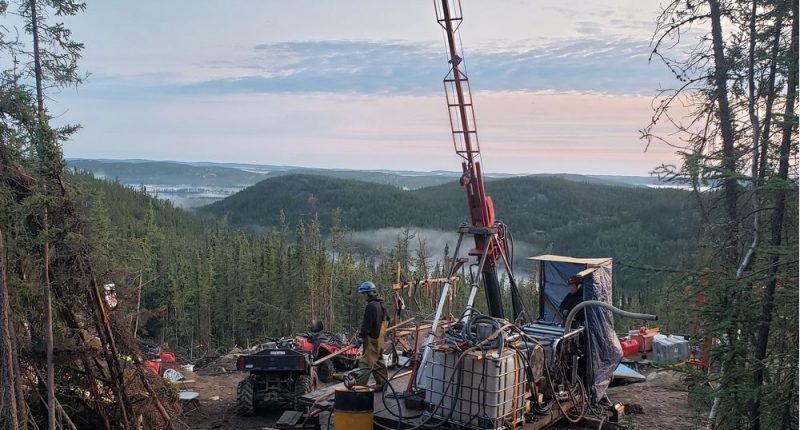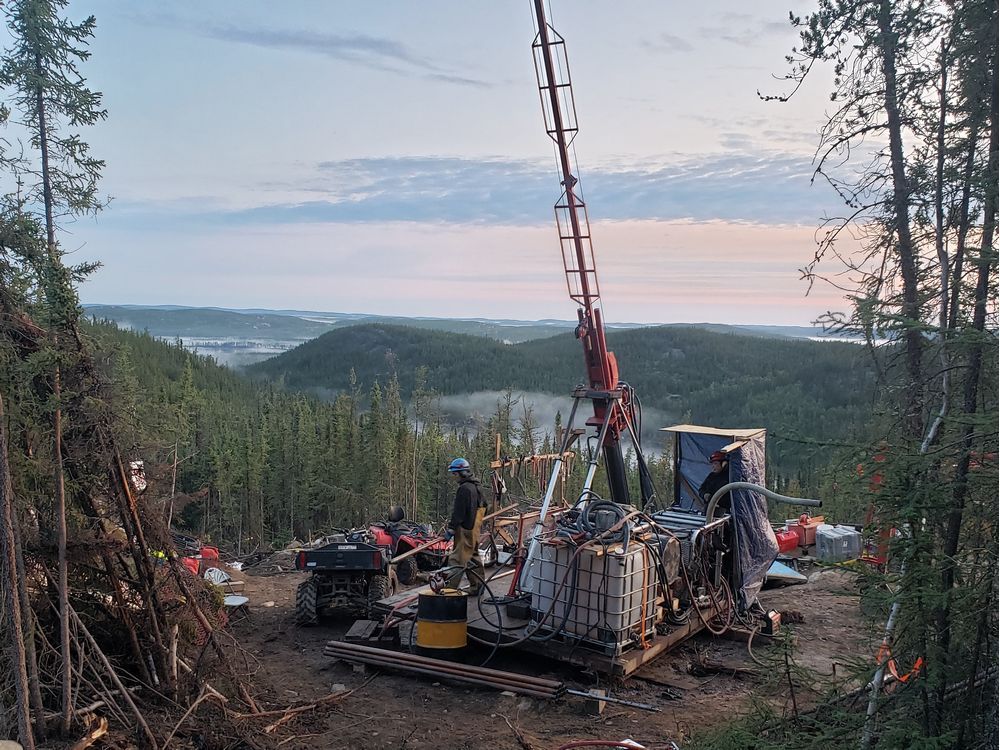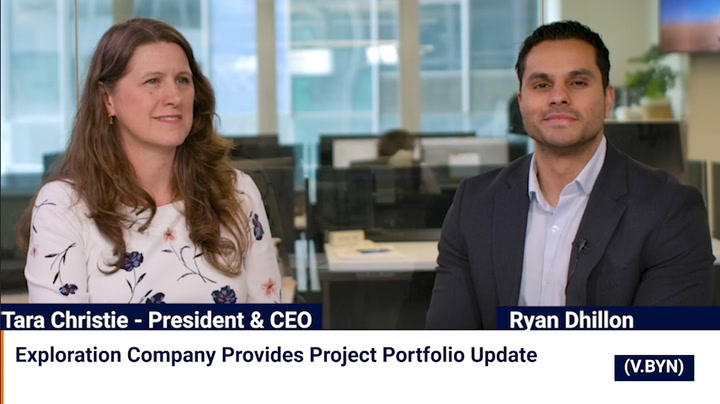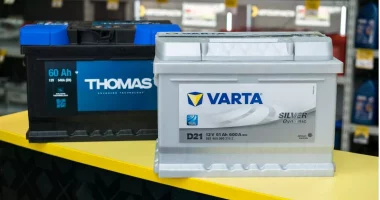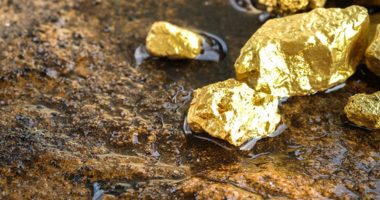- Appia Rare Earths & Uranium (API) recently signed an agreement with 3S LTDA and Beko Invest regarding the PCH Project
- The companies signed the agreement for Appia to acquire up to a 70-per-cent interest in the PCH Project in Brazil
- Currently, the production of some of the critical rare-earth permanent magnet metals is under the control of China
- This Chinese domination is being countered in Brazil
- Appia Rare Earths & Uranium Corp. is a publicly traded Canadian company in the rare earth element and uranium sectors
- Appia Rare Earths & Uranium Corp. (API) was up 5.26 per cent, trading at $0.30 at 10:56 ET
Appia Rare Earths & Uranium (API) recently signed an agreement with 3S LTDA and Beko Invest regarding the PCH Project.
The companies signed the agreement for Appia to acquire up to a 70-per-cent interest in the PCH Project located in the Tocantins Structural Province of the Brasília Fold Belt, Goiás State, Brazil. With that, Appia will have firm control over the project.
The Cachoeirinha Project is located within the Tocantins Structural Province in the Brasília Fold Belt, more specifically, the Arenópolis Magmatic Arc. The PCH Project is 17,551.07 ha. in size and is located within the Goiás State of Brazil.
It is classified as an alkaline intrusive rock occurrence with highly anomalous rare-earth elements (REE) and niobium mineralization. This mineralization is related to the alkaline lithologies of the Fazenda Buriti Plutonic Complex and the hydrothermal and surface alteration products of this complex by supergene enrichment in a tropical climate.
The positive results of the recent geochemical exploration work carried out to date indicate the potential for REE and Niobium within lateritic ionic adsorption clays.
Appia is focused on heavy REEs in ionic clays, and if it is successful in identifying such a target, this acquisition will push up the company as one of the few known critical REE companies in the world to have both light and heavy REE assets.
Reports show that ionic adsorption clays are the main source of the critical rare earth permanent magnet metals, dysprosium and terbium. Currently, the production of these metals is basically under the control of China. This is because of the fact that China has extensive fields of ionic adsorption clays and is also in control of the same types of formations in Myanmar.
Consequently, China is in control of the production and use of dysprosium and terbium to modify rare earth permanent magnets so that they can withstand extreme temperature cycling without significant loss of magnetic strength.
“The best hope for non-Chinese manufacturers of rare earth permanent magnets for military and civilian use in high temperature (cycling) environments is the discovery and exploitation of ionic adsorption clays not under Chinese control,” explained Stephen Burega, President of Appia.
This is what has been achieved in Brazil, where an American-owned private company is bringing an ionic clay deposit into production. The company plans to produce some 2,000 tpa of the core magnet metals, neodymium and praseodymium, and 200 tpa of dysprosium by the end of 2026.
Therefore, a new discovery of an ionic clay deposit in Brazil would be one of the most important events in non-Chinese rare earth sourcing in the last several years.
Ionic clays produce some of the cleanest heavy and light critical rare earths in the market, representing simple metallurgy, low or no radioactive exposure, and no crushing, milling, or tailings damn required for extraction.
Appia has the option to earn a 60-per-cent interest in the Target Property by issuing an aggregate of 2.5 million common shares of Appia to Beko and spending US$10 million on the Target Property over a period of five years.
If Appia earns its 60-per-cent interest, it will then be obligated, within 90 days, to issue a further US$1,250,000 of common shares of Appia to Beko to earn a further 10-per-cent interest.
Upon earning the 70-per-cent interest, Appia will grant Beko a one-per-cent net smelter returns royalty in the Target Property. Appia will have a right of first refusal to acquire the one-per-cent NSR.
Appia Rare Earths & Uranium Corp. is a publicly traded Canadian company in the rare earth element and uranium sectors.
Appia Rare Earths & Uranium Corp. (API) was up 5.26 per cent, trading at $0.30 at 10:56 ET.
